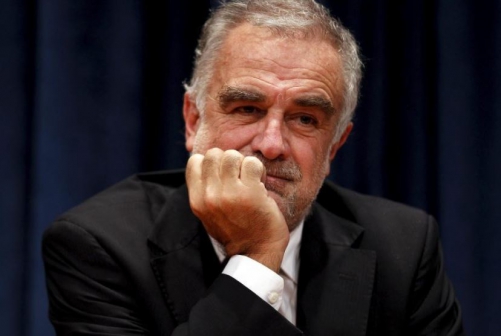×
The Standard e-Paper
Join Thousands Daily

Leaked e-mails of former International Criminal Court Chief Prosecutor Louis Moreno Ocampo reveal how the Argentinian proposed to allow Uhuru Kenyatta to have “an honourable exit” in his case at The Hague.
These disclosures are part of Ocampo’s hacked e-mails to former UN secretary general Kofi Annan, who mediated the Kenyan conflict in 2008.